RESEARCHERS are calling on nurseries and parents of young children to take part in a large study investigating the effectiveness of children’s educational apps.
Academics from the University of Salford and Lancaster University will spend three years using eye tracking glasses to find out whether the apps, which claim to help young children learn new words, have any effect on language development.
Dr Gemma Taylor, a developmental psychologist from the University of Salford, who is leading the project, said: “We live in a digital age and children are exposed to screens from very early on in life. With apps playing an increasingly prominent role in young people’s early environment, it’s vital we know how effective they really are.
“Many apps targeting children are classed as ‘educational’, but until now we’ve not had the research to know whether they actually work.”
Visiting nurseries
The £234,000 study, funded by the Economic Social Research Council (ESRC), will see researchers go to nurseries across the North West to see how 2-4-year-olds interact with a specially developed experimental app.
Parents who want their children to take part will also be able to come to a lab in the University of Salford’s Allerton Building designed to look like a nursery.
Children will wear special glasses that track their eye movements, to see which parts of the screen they look at when using the app.
Following the sessions, the children will be shown a series of ‘novel’ words, which don’t exist in the English language and which they will not have come across before, to see whether using the app has any impact on their ability to learn new words.
Eye-tracking glasses
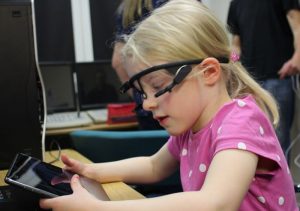
Researchers hope to have studied more than 250 children by the end of the study, as well as carrying out a full review of the educational children’s apps currently available on the market.
The eye tracking glasses will help us find out whether children are looking at what the developer wants them to look at – or whether they’re distracted by the pretty butterflies in the corner of the screen.
Dr Taylor said: “We want to find out what elements of apps help children interact with and learn from them, so we can direct app developers and parents towards them.
“The eye tracking glasses will help us find out whether children are looking at what the developer wants them to look at – or whether they’re distracted by the pretty butterflies in the corner of the screen. We recognise that technology will move on a lot during the three years of the study, but we will be able to produce a series of principles that app developers can follow.”
Anyone who wants to participate in the study should go here or contact
HealthCare-CognitiveDevelopmentLab@salford.ac.uk
This article was originally posted on University of Salford News




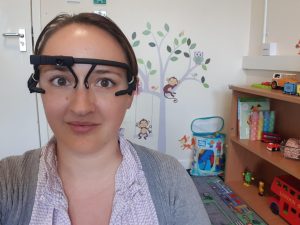
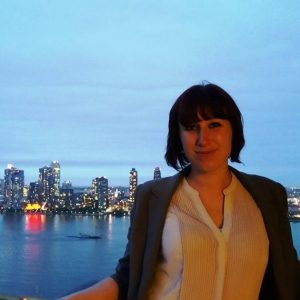
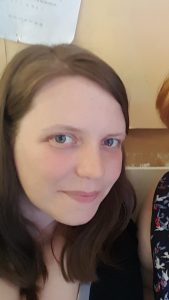 ear Psychology and Counselling student at the University of Salford.
ear Psychology and Counselling student at the University of Salford.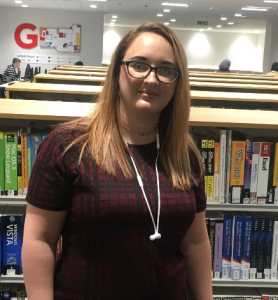 I’m Eve and I am a research assistant for Dr Gemma Taylor in the Salford Cognitive Development Lab. I am a 2
I’m Eve and I am a research assistant for Dr Gemma Taylor in the Salford Cognitive Development Lab. I am a 2